The Engineering Council of South Africa (ECSA) on Friday concluded its nationwide consultative process on the revisions to its governance instruments by engaging the largest concentration of engineering practitioners of different disciplines in the country, who are located in the Gauteng.
Sipho Madonsela, Chief Executive Officer of ECSA in his opening remarks commended the engineers around the 12 venues who had taken the consultative process seriously, with registered persons heeding the call to join the discussion around the frameworks.
“The engineering profession does not belong to a select few. It belongs to all who contribute to the profession, and as such, the principle of consultation is paramount to the regulations of the profession, according to the democratic culture in our country,” he said.
He went on to re-iterate that under the current ECSA leadership, a decision had been taken to engage as much as possible with the engineering community around the country.
Madonsela spoke to the need for sharing of responsibility and accountability equitably, in the management of ECSA’s administrative team, the committees that report into ECSA’s council and voluntary associations (VAs). In the past, there has been an imbalance between the responsibilities held by the three arms of ECSA and the levels of accountability of the respective arms.
The motivation for the public consultations stems from the industry’s feedback in the 2015 Roadshow Consultation; where ECSA was called on to fulfil the role of leading and upholding the integrity of the engineering profession. In addition, ECSA was tasked with insulating registered persons from the risks of working in environments that would force them to breach the ECSA code of conduct.
“There was also a call from candidate engineers and young professionals to take the necessary measures required to address the absence of work-based training and mentoring programmes to provide adequate professional support,” added Madonsela.
The revision of the VA Recognition Framework; the Commitment and Undertaking Guidelines; and the Continuing Professional Development (CPD) have these comments as their foundation.
Advocate Rebaone Gaoraelwe, in unpacking the framework revisions, noted that the roles and responsibility between VAs and ECSA have been reversed. ECSA has, through the years been perceived as the tail of the engineering profession, whereas the VAs have been seen as the head. This perception, if proven to be true, begs for the transformation of the profession.
“ECSA has taken a stance to reposition itself at the behest of registered persons,” said Adv. Rebaone. “The winds of change are blowing within ECSA, and it’s time for ECSA to be transformed to ensure that we can be relevant to the profession,” he added.
During a robust Q&A session, there were concerns raised about the condition of the relationship between ECSA and the VAs, with the issue of trust between ECSA and the VAs at the bed-rock of these issues.
“I am equally concerned about the issue of the relationship with ECSA and VAs,” said Madonsela. “We are in an attempt to address this broader issue of trust between us, to ensure we can all embrace each other and begin to work together as a team, for the common good of the profession and to allow it to remain noble and respected.”
Several engineering practitioners reaffirmed the need for a broader registration regime with ECSA. At the centre of these queries, engineers were asking how ECSA is planning to make its registration more attractive for non-registered persons.
Nkosi Tshuma enquired if this aggressive drive to increase registration would not compromise the quality of engineering standards and consequently run the risk of creating a large body of incompetent engineers. Madonsela confirmed that the standards of engineering would remain the same since they are benchmarked internationally, given that ECSA is an active member with the International Engineering Alliance.
“ECSA will continue to reach out to the employers of engineering practitioners to encourage them to employ registered engineers, in order to change the attitude of engineers towards registration and retain the integrity of the profession,” said Madonsela.
Some of the ECSA council members offered their support and commended the Administration for the roll-out of ECSA’s strategy through these public consultations. Dr Allyson Lawless encouraged the roomful of engineers to channel their problem-solving abilities towards creating solutions on how the VAs and ECSA can work together, as there is merit to the work that both parties have been doing.
The manner in which ECSA committees operate came under the microscope when it was mentioned that committee volunteers are on a go-slow in the execution of their services for ECSA. Furthermore, Madonsela spoke to the demand for remuneration by some of ECSA committee members and the manner in which this impacts on the duties of the committees work in general. The internal process of reviewing Council committees will take this into consideration for improvements on efficiencies.
In closing off the last session, Madonsela thanked the engineering practitioners for their support during the consultation, and welcomed additional written comments by Aug 31 2016.
